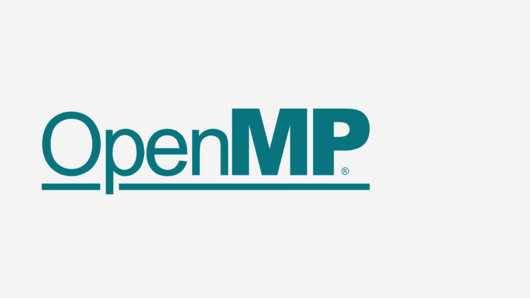Höchstleistungsrechenzentrum Stuttgart

19. Jan. 2026
Verstaltungsende06. Feb. 2026
Englisch
Linux Course participants possess advanced basic knowledge of the free operating system Linux and knowledge of Linux applications. The background of Linux as well as the most important concepts and tools of Linux such as
Programming Skills
Basic Hardware Understanding Participants understand how the hardware of a classic computer is structured. This includes primarily a basic understanding of
After completing this course, participants will:
This course consists of video-lectures by Dr. Rolf Rabenseifner. The instructor for the seminars is Dr.-Ing. Martin Bernreuther (HLRS)
Apply for this course via the button at the top of this page.
Registration closes on 19 January 2026.
Late applications after the registration phase are still possible according to the course capacity. For late applications we can not guarantee an ILIAS account by the course start.
For lists of EU and EU-associated coutries, and PRACE countries have a look at the Horizon Europe and PRACE website.
This course is intended for, but is not limited to, the following groups:
This course offers flexible learning, allowing you to learn at your own pace and access online course materials and cluster resources. Web-seminars are held weekly to discuss the learning modules and to answer your questions. We also provide forum channels that enable you to communicate with the lecturer and peers, as well as to share your experiences.
The course is divided into multiple learning units of 10 hours each. Participants can learn the individual learning content on their own schedule. In addition, this course has fixed dates for virtual seminars and the exam.
The High-Performance Computing Center (HLRS) issues participants a confirmation of participation if they have joined all seminars and hand in at least 50% of the assignments, as well as a course certificate if they have passed the exam at the end of the course.
Lucas Jordan phone 0711 685 87206, training(at)hlrs.de
HLRS is part of the Gauss Centre for Supercomputing (GCS), together with JSC in Jülich and LRZ in Garching near Munich. SIDE is the German National Competence Centre (NCC) for High-Performance Computing. HLRS is also a member of the Baden-Württemberg initiative bwHPC.
Since 2025, HLRS has been coordinating one of the AI Factories of the EuroHPC JU: HammerHAI.
See the training overview and the Supercomputing Academy pages.
See also information about the HLRS training department and staff.
März 02 - 06, 2026
Dresden
Englisch
März 23 - Apr. 17, 2026
Hybrid, Stuttgart
Englisch
März 23 - 27, 2026
Hybrid, Stuttgart
Englisch
Apr. 21 - 24, 2026
Online
Englisch
Okt. 19 - 23, 2026
Stuttgart
Englisch
Okt. 19 - 23, 2026
Stuttgart
Englisch
Okt. 27 - 28, 2026
Online
Englisch